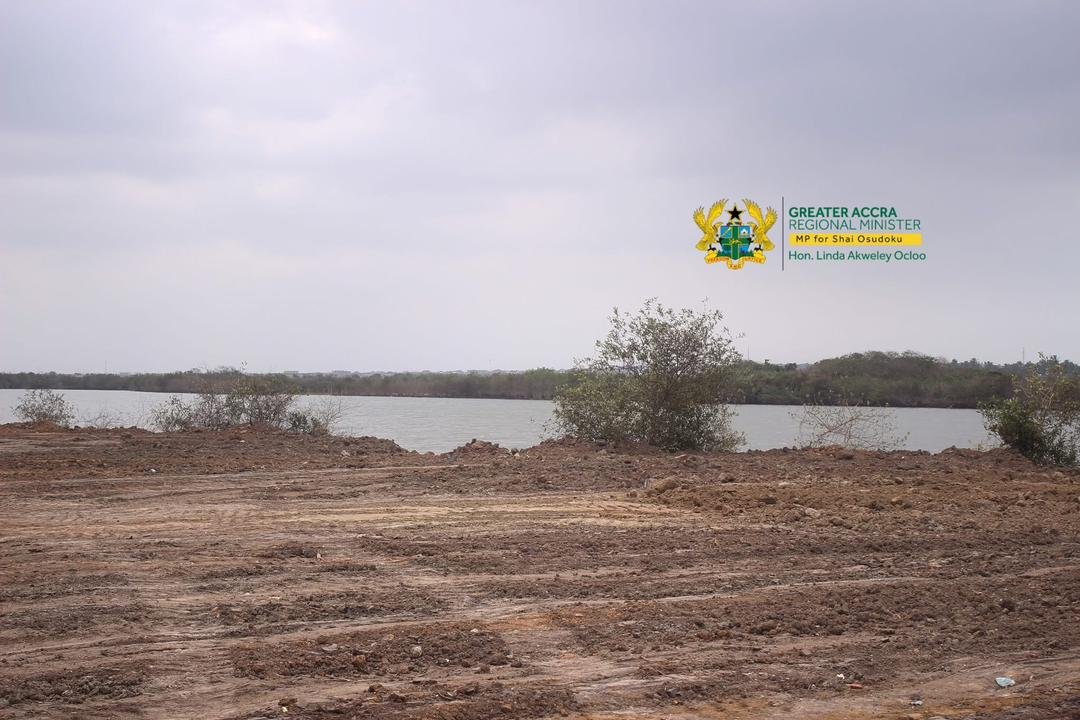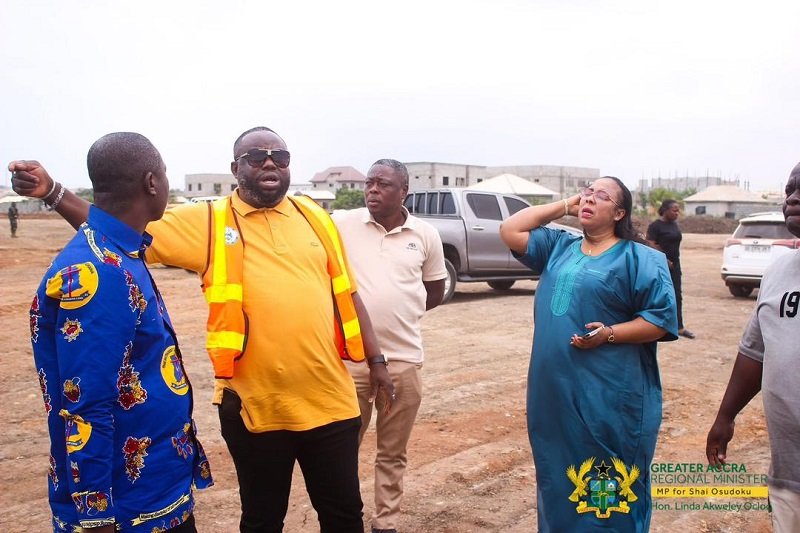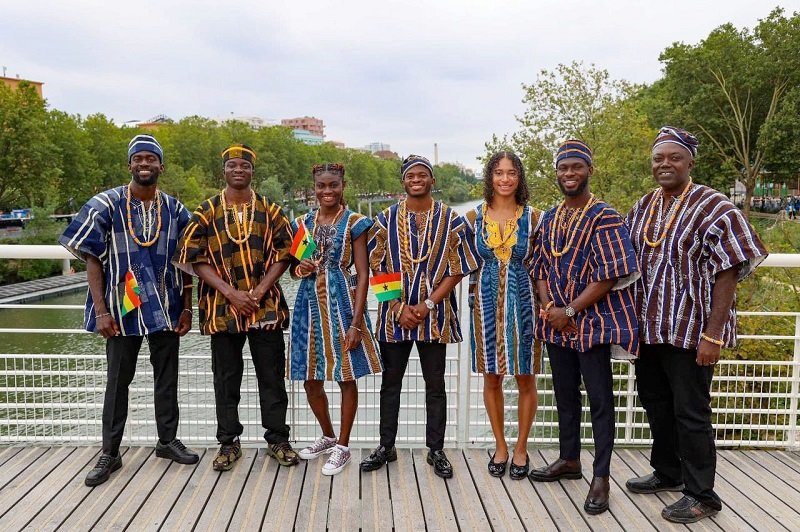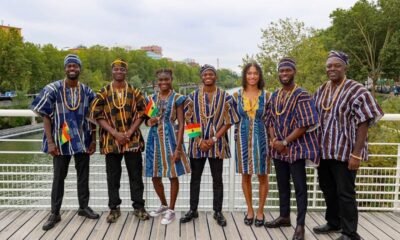News
Greater Accra regional minister directs project manager to remove illegal filling at Kpone-Katamanso lagoon

The Greater Accra Regional Minister, Hon. Linda Obenewaa Akweley Ocloo, has directed a project manager responsible for the illegal filling of the Kpone-Katamanso lagoon to remove all deposited materials and restore the lagoon to its natural state within one week.
This follows reports and video evidence from residents of Kpone-Katamanso showing portions of the lagoon being filled with soil and construction materials.
On Sunday, she led a delegation of officials, including the MCEs of Kpone-Katamanso and Ningo-Prampram, the Greater Accra Regional NADMO Director, district NADMO officers, the Mayor of Accra, and the area’s Member of Parliament, to inspect the site.
The Minister upon arrival confirmed the reports and said the activity posed serious risks, including disruption of natural drainage, flooding hazards, and long-term damage to aquatic life and the environment.
The team observed that large quantities of soil and construction materials had been dumped into the lagoon, altering its natural flow and threatening the ecosystem.
The Minister instructed that the remediation process would be supervised by the two MCEs and the Regional NADMO Director to ensure compliance.
She warned that failure to follow the directive would attract strict enforcement measures, including legal and administrative sanctions.
Hon. Ocloo stressed that protecting natural ecosystems was a collective duty and reaffirmed government’s commitment to enforcing environmental laws and preserving the lagoon for both present and future generations.
News
Ghana to host fugu and kente exhibition in Zambia to promote Pan-Africanism

The Republic of Ghana, through its Ministry of Foreign Affairs and the Ghana Export Promotion Authority (GEPA), is set to host a fugu and kente exhibition in Lusaka, Zambia, from March 6 to 8, 2026.
The event aims to strengthen Ghana-Zambia relations while promoting Pan-Africanism and African unity.
The exhibition, set to be organised in collaboration with the Ghana High Commission in Lusaka, will showcase Ghanaian culture and craftsmanship, highlighting traditional textiles like kente and local wear such as fugu.
The Ministry of Foreign Affairs in Ghana described the event as a boost not only for cultural and economic diplomacy but also for trade and agribusiness ties between the two countries.
The exhibition will be held at the Lusaka Showgrounds, where visitors can experience Ghana’s rich cultural heritage and the African personality in action.
By: Jacob Aggrey
News
Thanksgiving service held for Ebenezer Ahumah Djietror after appointment as Clerk to Parliament

A thanksgiving service has been held at Jehovah Shamah Assemblies of God Church in honour of Mr Ebenezer Ahumah Djietror following his appointment as Clerk to the Parliament of Ghana.
The event brought together duty bearers, parliamentarians, family members, friends, church leaders, and well-wishers who gathered to celebrate his new role and offer prayers for his success.

Church leaders used the occasion to congratulate Mr Djietror and encouraged him to serve with integrity, humility, and dedication.
They prayed for wisdom and strength for him as he assumes responsibility in supporting the work of Parliament.
They also highlighted the importance of his position in the country’s democratic governance.
Mr Djietror expressed gratitude for the support and prayers, noting that the thanksgiving service was a moment to acknowledge God’s guidance in his career.
He assured attendees of his commitment to duty, stating that he would work diligently in the interest of Parliament and the nation.
By: Jacob Aggrey














